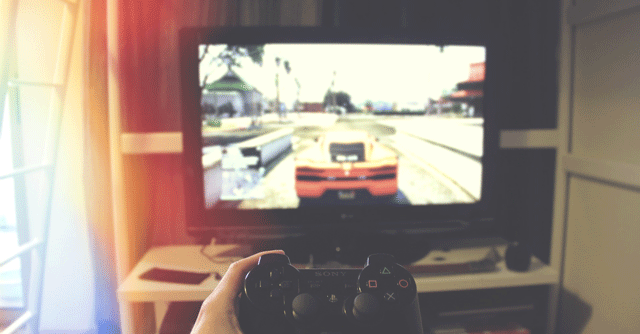
Gamers, gaming firms, warm up to NFTs after artists, creators


Ankur Diwakar, a 30-year-old professional gamer with over 100 titles under his belt, is excited about the prospect of non-fungible tokens (NFTs) in mainstream games.
“As kids, we grew up with virtual currencies, spent so many hours completing missions just to acquire some digital assets. It is quite exciting to know that these assets can now be monetised,” he says. Once you sell NFTs, you get a royalty from secondary sales for life. "Also, as a gamer, I can sell things that I collect in games as NFTs and make money through them,” Diwakar explains.
Diwakar has a point. NFTs in gaming are no longer limited to niche blockchain-based games like Axie Infinity and Decentrland. Mainstream gamers have been asking for a bite of the NFT market in their favourite games, and game publishers have started to oblige.

In early December 2021, Ubisoft, known for multi-million-dollar titles like Assassin’s Creed and Far Cry, released an NFT marketplace called Quartz. In it, Ubisoft sells in-game accessories, such as guns and helmets, from the video game Ghost Reckon Breakpoint.
Moreover, while some firms are introducing NFTs as a way to make more money, others are using it as a marketing tool.
Last July, mobile gaming giant Gameloft released an NFT collection for its racing game Asphalt 9, which has been downloaded over 50 million times on the Google Play Store. "The NFT in Asphalt 9 was part of a partnership that we had and wasn't intended to be monetized. We are looking on tier two titles on our side, which will focus on NFTs to test the waters,” said Nitin Goel, country manager of Gameloft.

Goel added that “a whole lot" will depend on the evolution of this technology over the next few months or quarters. "But I surely think that with strong intellectual properties (IPs) on our side, and a lot of interest in the car licensing side, it shall be an area that we will dabble,” he added.
Global firms aside, Indian companies are also taking note. Nextwave Multimedia, known for cricket games like WCC3, has been exploring use cases of web 3.0 technologies, including NFTs, in its games. “Gaming transitioning into a web3.0 environment, driven by trustless verification (and a) decentralised player-driven economy, are some of the concepts that are very relevant to any game, and we are also looking at some of these use cases that we can implement in our games,” said Rajendran PR, founder and chief executive officer of Nextwave Multimedia.
Despite the looming threat of a ban on cryptos and lack of regulatory clarity on future Web3 technologies (decentralized ones like blockchain and cryptos), interest in NFTs in India has soared. According to blockchain research firm DappRadar, more than half a million Indians have shown interest in NFTs in 2021. This coincides with the massive surge in interest in gaming in India, especially after the pandemic.

A November report by the Boston Consulting Group (BCG) and Sequoia Capital showed that the gaming industry in India is growing at a compounded annual growth rate (CAGR) of 38%, which is faster than the US (10%) and China (8%).
Faisal Kawoosa, founder and chief analyst at techARC, a homegrown market research firm, explained that gaming is one of the prime use cases of NFTs, as they already have a system for rewarding wins with in-game currencies. He also felt that this would increase the monetisation opportunities for gaming companies.
Kawoosa, however, pointed out that this year, "we will see more mainstream games embrace them". However, it might take a year or so for widespread adoption. He added that from an integration point of view, it takes a bit of time. "Also, business models will change. Gamers will take a fraction of the transactions as payment,” Kawoosa said.

Nexwave's Rajendran agreed that implementation in mainstream gaming will require several adjustments on part of gaming companies. "NFTs are all about allowing players to own their in-game assets. The current game economy may not work with NFTs. Game economies will have to be re-designed for a player-driven model,” he added.
Many game companies will hold back as well, given the nascent stage the technology is in. Giants like Ubisoft, too, are only testing the waters right now. Goel said NFTs are in a nascent stage and have multiple angles which need more in-depth understanding.
